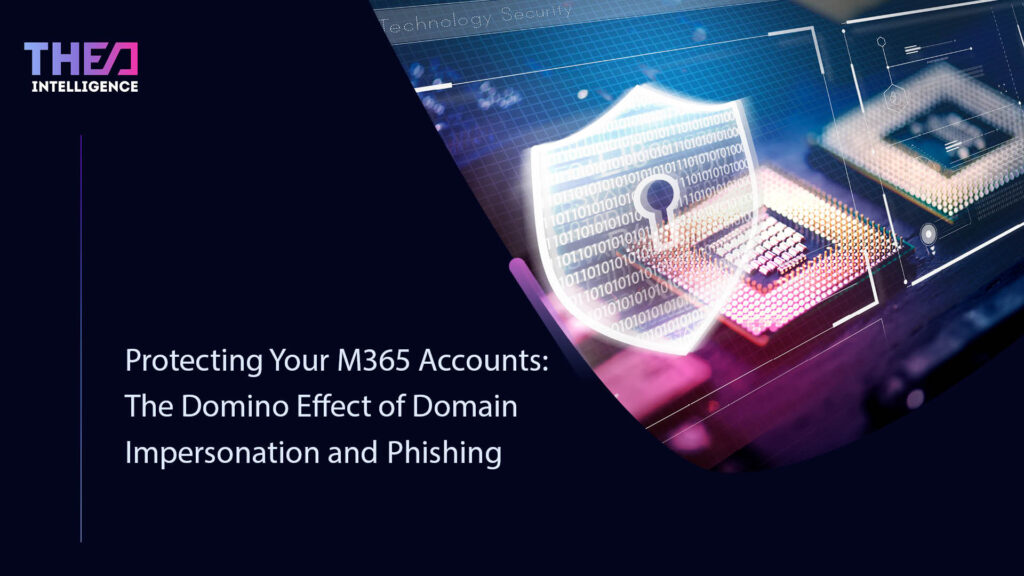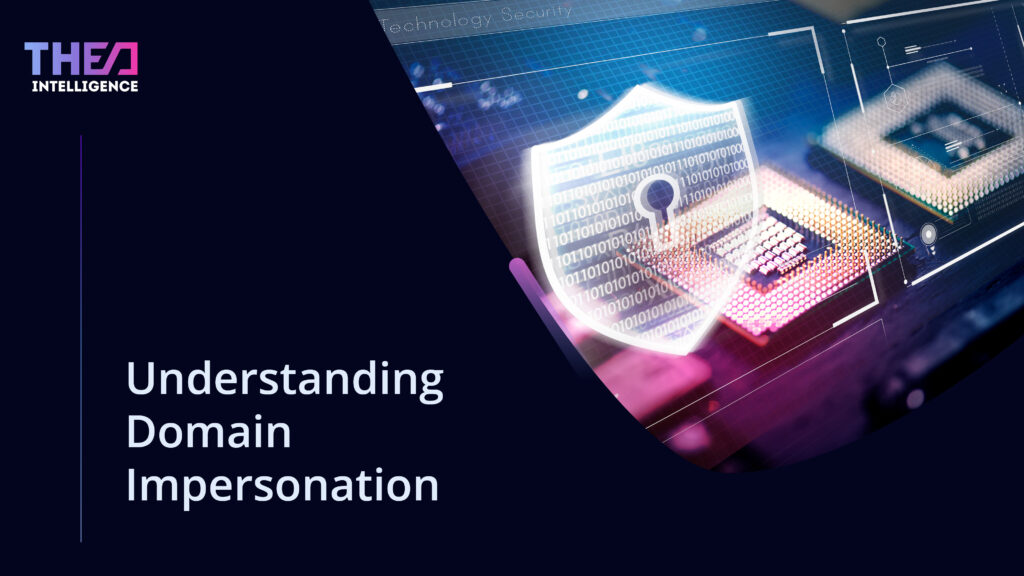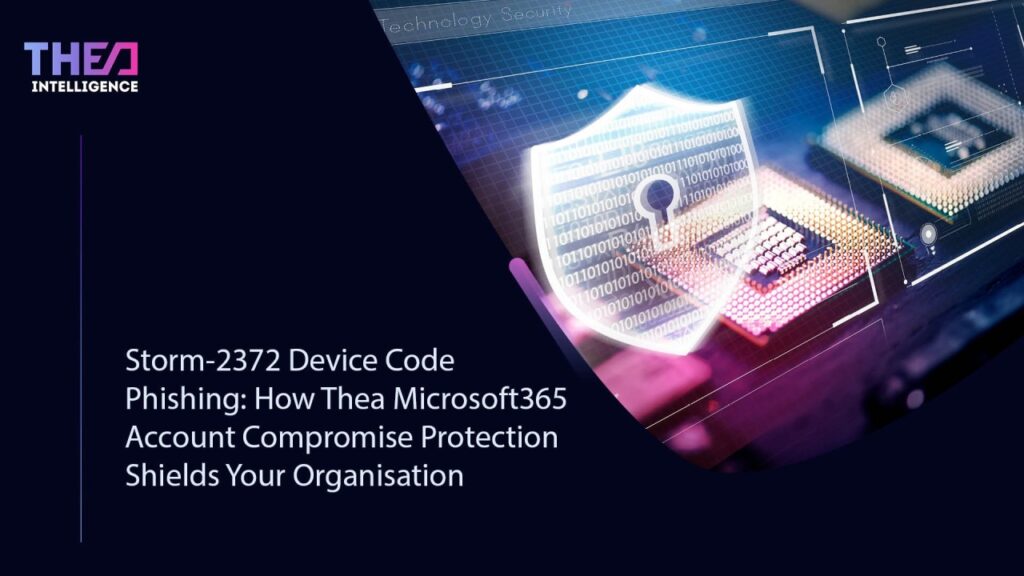In the fast-paced world of digital transformation, cybersecurity threats are constantly evolving, and domain impersonation is a significant concern. This sophisticated scam can set off a chain reaction leading to phishing attacks, Microsoft 365 account compromise, and session token hijacking.
Understanding Domain Impersonation
Domain impersonation, also known as spoofing, is a technique where cybercriminals create a deceptive domain that closely resembles a legitimate one. The goal is simple: to trick users into thinking they are interacting with a trusted entity.
Phishing: The Next Step
Once a user falls for a domain impersonation scam, the next step is usually a phishing attack. This can come in the form of a convincing email, a malicious link, or a fraudulent website. The aim is to extract sensitive information such as login credentials, which are then used to gain unauthorised access to accounts.
Microsoft 365 Account Compromise
Phishing attacks often target Microsoft 365 accounts due to the extensive range of services they provide. Once attackers gain access to a Microsoft 365 account, they can:
- Steal confidential data
- Send malicious emails to contacts
- Disrupt business operations
Session Token Hijacking
Compromised Microsoft 365 accounts can lead to even more severe consequences, such as session token hijacking. Session tokens are used to authenticate users without requiring them to log in repeatedly. If attackers hijack these tokens, they can maintain access to accounts without needing credentials, making detection and mitigation more challenging.
Preventive Measures
To protect against these threats, consider the following steps:
- Implement Multi-Factor Authentication (MFA): Adding an extra layer of security can significantly reduce the risk of account compromise.
- Deploy Advanced Threat Protection: Implement Thea Intelligence’s Account Compromise Protection for real-time threat detection and response capabilities.
- Monitor Account Activity: Implement Thea Intelligence’s Account Compromise Protection to systematically review account activity in real-time for any signs of unauthorised access.
- Educate Employees: Regular training on recognising phishing attempts and domain impersonation can empower employees to act as the first line of defence.
Conclusion
Understanding the domino effect of domain impersonation can help organisations take proactive measures to protect their Microsoft 365 accounts and sensitive data. By implementing Thea Intelligence’s Account Compromise Protection, businesses can mitigate the risks associated with these sophisticated cyber threats.
Visit:
www.theaintelligence.com/domain-impersonation-monitoring/ for more information.



